The Right-Wing Legacy of Justice Lewis Powell, and What It Means for the Supreme Court Today
The late Justice Antonin Scalia may loom large in recent SCOTUS history, but another conservative member of the top court was hugely influential in his own right.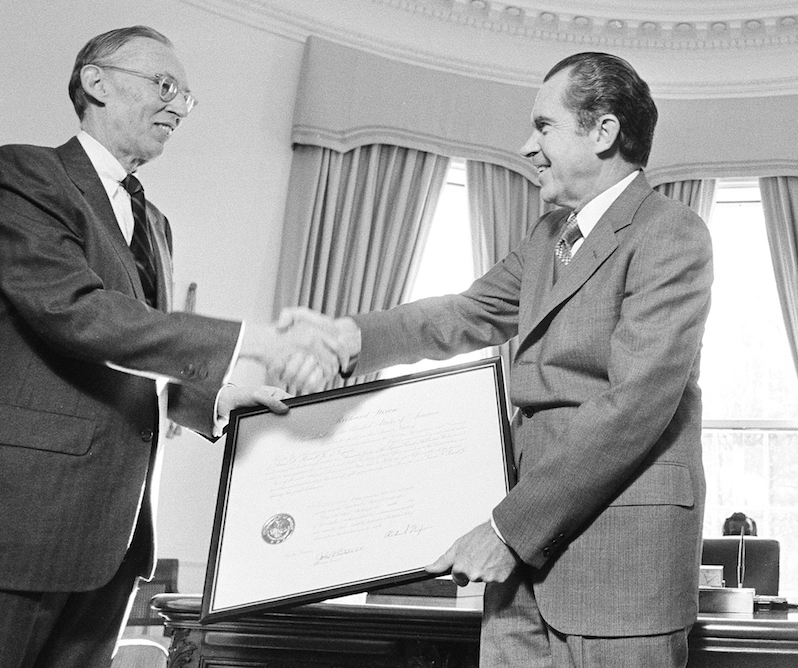 President Richard Nixon presents a framed document to Supreme Court Justice Lewis Powell Jr. during a White House ceremony in 1971. (Henry Burroughs / AP)
1
2
President Richard Nixon presents a framed document to Supreme Court Justice Lewis Powell Jr. during a White House ceremony in 1971. (Henry Burroughs / AP)
1
2
Independent journalism is under threat and overshadowed by heavily funded mainstream media.
You can help level the playing field. Become a member.
Your tax-deductible contribution keeps us digging beneath the headlines to give you thought-provoking, investigative reporting and analysis that unearths what's really happening- without compromise.
Give today to support our courageous, independent journalists.
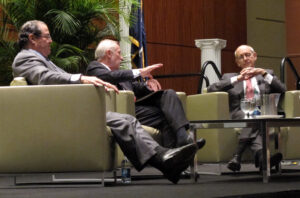
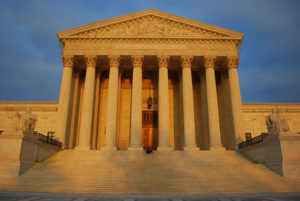
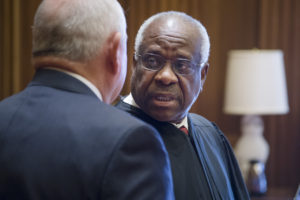
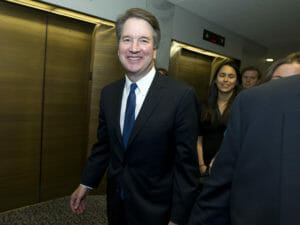
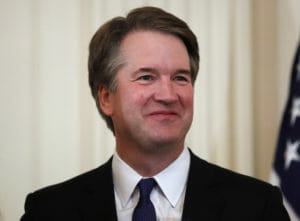


You need to be a supporter to comment.
There are currently no responses to this article.
Be the first to respond.